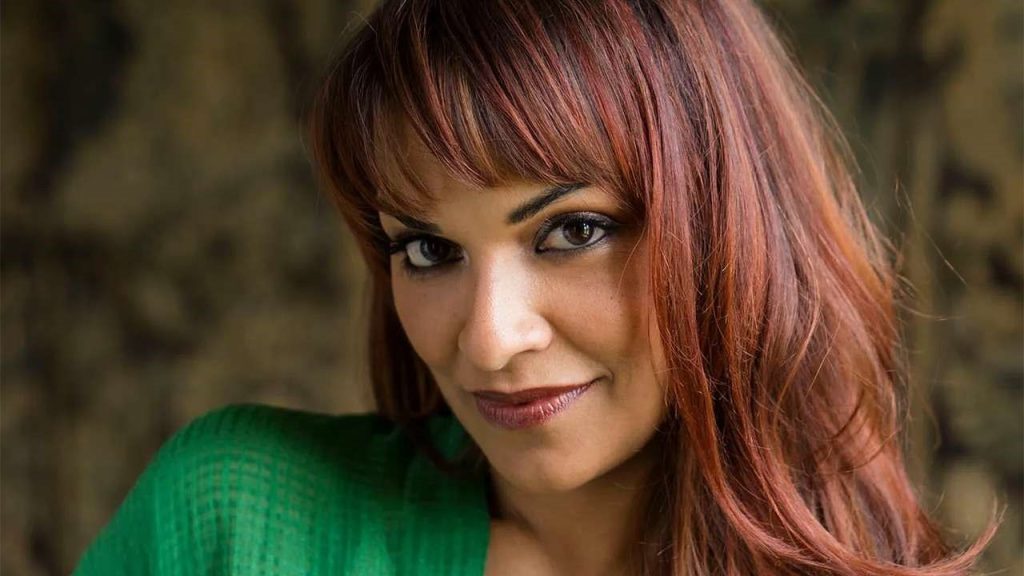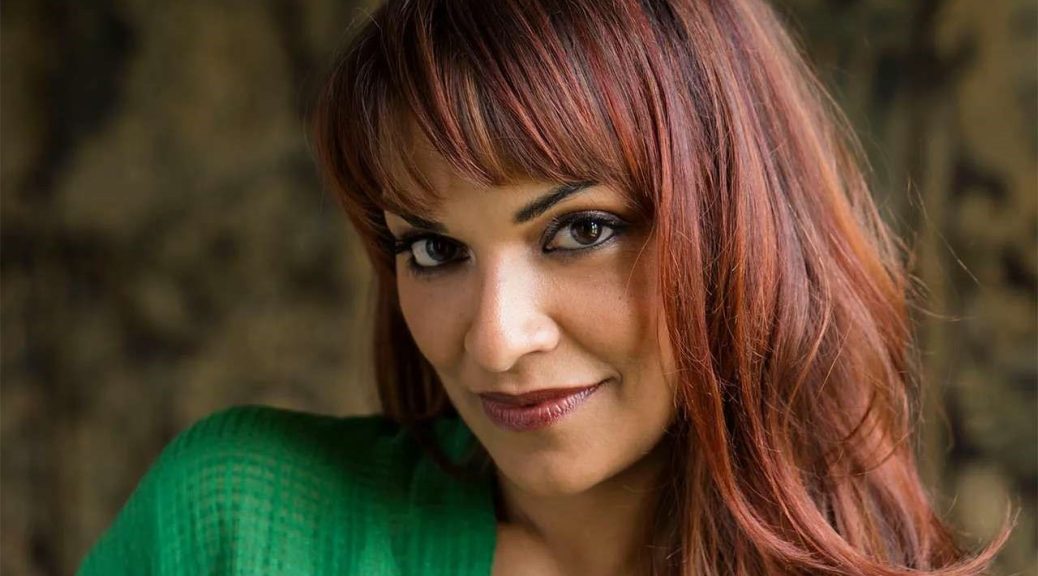
 (4 / 5)
(4 / 5)
The new year in the Welsh capital saw concerns over the disarming of history, nursing and music studies at Cardiff University. The arts are becoming a deeply rooted concern, as well as further rug pulls, National Theatre Wales bows out as well. Still, St. David’s Hall the concert hall for Wales remains closed. This major hub for the BBC National Orchestra of Wales may not be in use for at least another year or two.
We’ve settled into Hoddinott Hall down the Bay, as have the orchestra for all Cardiff based concerts. Some of these events can boast sell outs, thanks to thrilling programmes and guest artists. Issues expressed before in reviews would prevail and need attention. I’m talking about the lack of physical programmes and tonight, a lack of a libretto for the French sung operatic outing (the equipped venue would fare well with a surtitle screen). No one really wants to read on their phone with a digital programme.
Jamie Martín is a natural conductor, who would herald the start of a fine concert thanks to Ravel’s ‘Mother Goose’. This being the full ballet version, as with the composer it is often light and mostly charming in execution. Typical tales of Beauty and the Beast, Sleeping Beauty and lesser-known stories are within these bars. The eloquence of the orchestration would go onto influence music inspired by fantasy and fairy tales in media, such as a standout it remains. Putting personal taste aside with Ravel, the whole work has hurrying, shimmering moments. I could see this being a nice intro to classical music for children, yet it doesn’t seem to be the first choice. The orchestra captured the fine bristle of all the movements, its grandeur mounting up to a sweet closing.
A rare opera arrival for Hoddinott, with that of soprano Danielle de Niese and Poulenc’s ‘La voix humaine’ or ‘The Human Voice’. One of the finest one-act operas from the 20th Century, this taking of Cocteau’s play sees an intimate scope. The only character is a lady who in a desperate flux, speaks to her lover on the phone, the conspiracy of a breakup the dramatic punch of the plot. With a sad send off, Poulenc and his full use of orchestra throughout is mighty. The pounding and plucking of the alert score become more engrossing as this woeful tableau goes on. The xylophone is the clever ringing of the dreaded telephone (who has a landline anymore?), as each call faces connection issues, wrongs numbers and flashes of this vanishing lover.
Ubiquitous to Glyndebourne audiences, this is de Niese’s first time with BBC NOW. I’d dare say it was a success, the French sounded perfect, the acting flustered, yet paced. Her voice holds truth and a graceful, unwavering flight, never a half measure in anything she does. It’s time we see her back again with Welsh National Opera. It must happen.

